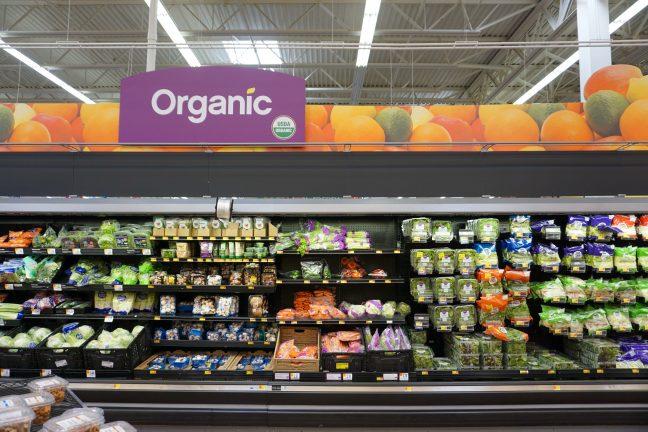Editor’s note: Debunked is a science news series that focuses on dismantling common myths and misconceptions with the help of UW experts.
The idea that carrots improve eyesight is an age-old tactic used by parents to get their kids to eat the vegetables on their plate, but research has shown that this widely held belief may not be as true as most people think.
According to an article from Winchester Hospital, carrots are a source of vitamin A, which is known for improving vision and eyesight. University of Wisconsin horticulture professor Irwin Goldman explained some eyesight benefits that come from eating carrots.
“Carrots produce beta carotene, and some other minor carotenoids, that are turned into vitamin A in the body,” Goldman said. “Vitamin A does many things, but one of those is to provide an essential part of membranes and help protect components of the eye and promote eye health.”
So, while yes, carrots do contain the vitamin that is necessary for improved vision, there are many other foods that have plenty of vitamin A as well. Leafy greens, tomatoes, eggs and milk are all examples of other vitamin A-rich foods.
Because vitamin A is abundant in many other foods besides carrots, studies show that people with relatively balanced diets are likely to receive enough vitamin A to have healthy vision. As a result, they do not need to eat an entire bag of carrots to reap the benefits of vitamin A.
Though carrots might not drastically improve eye health, they still provide minimal benefits. In addition to eye health, carrots provide anti-carcinogens and antioxidants, overall providing health benefits to the entire body as opposed to just the eyes.
Despite the fact that vitamin A is found in many foods besides carrots, the amount needed in order to have healthy vision is relatively low and can be reached often without people consciously trying to consume an adequate amount of the vitamin.
Bill Nye the Science Guy talks climate change at Kohl Center
But there has been some evidence that carrots are able to improve some people’s vision. In rare cases, people who are night-blind consumed carrots for their vitamin A and beta carotene properties and saw improvement. It is important to note, though, that these people also took supplements including these properties, which could have contributed to their progress.
While carrots do contain the necessary nutrients for healthy vision and eyesight, most people already consume adequate levels of vitamin A.
So no — you do not have to consume carrots like a rabbit in order to have healthy eyes.














